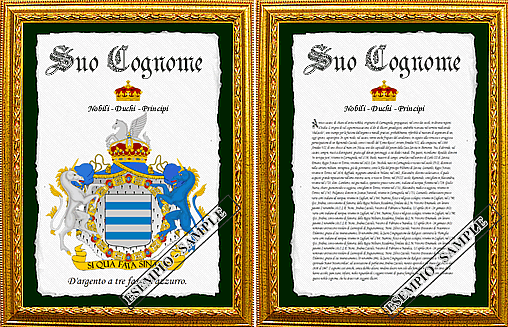Antina is practically unique, Antini, very very rare, has a stock in the Foggia area and one probably secondary in Rome, Antino, always very rare, has a stock in the Foggia area and one in the Naples area. additions provided by Fabio Paolucci taken from the forthcoming text "The last names of Colle Sannita" by F. Paolucci Currently there are two Antino strains in our Peninsula, in Naples and in the municipality of San Severo (center where the surname is most likely it is formed and from which it was later irradiated - in past centuries also in Colle Sannita -). Antinus variants are Antina, an extremely rare surname, perhaps due to a single family lineage present in Basilicata and Emilia Romagna, and Antini, a classical pluralized form widespread mainly in Rome and Foggiano (near San Severo). More hypotheses can be formulated about the etymological origin of the surname. In the first analysis the hypothesis provided by the well-known linguist of the "Corriere della Sera" Giorgio De Rienzo, which proposed, in response to a reader requesting information on the origin of the surname D'Antino, the origin from the lineage Durante . The surname Durante, derived from the Christian auspicious name of late and medieval Latinity Durante (meaning "precise, persevering, firm", obtained from the present participle "durans, durantis" of the Latin verb "duro, as, avi, atum, are" , whose translation is "to induce, to make hard, to harden, to strengthen" or "to take root", "to make us insensitive", "to resist, to endure", "to conspire", "to harden, to become hard", "to last, to subsist "or" to be hard, ruthless ") which presents variants such as Duranti and Durando, according to the expert linguist, would have abbreviated forms such as Dante, Danti, Dantini, ergo, D'Antino. In my humble opinion, this explanation is reductive and unclear for the surnames taken into consideration: Antino, as well as the patronymic D'Antino, should be etymologically traced to the surname of the name Antino, which spread in late antiquity and in the Middle Ages through worship of the homonymous martyr Saint Antino, traditionally celebrated on September 27th. Still to remember is a singular episode that upset the Roman world under Hadrian, but which contributed to the spread of the names Antinoo and then Antino. Antinoo (from the Greek "anti" and "noos", "adversary, who has a different thought") was the favorite of the children whose emperor Hadrian loved to surround himself with; originating from Bithynia (Asia Minor), was born according to sources on November 27 of 110 d. C. and died by drowning in obscure circumstances on 30 October 130 during a trip on the Nile. After his death he was immediately deified by the Emperor: the case was unique and exceptional in Roman history as the deification was reserved for the emperors and members of the imperial family, so the sensation that affected the entire Empire was remarkable. A final thesis would lead back to the origin of the surname Antino to the Abruzzese toponym Civita d'Antino, a small and suggestive historical town in the province of L'Aquila, but even in this case the proposal should be rejected due to the obvious remoteness of the center from the places of diffusion of the surname and, in particular, for the absolute veracity of my previous hypothesis of etymological formation from the surname of a proper name.
Buy a heraldic document with your coat of arms
You may be interested
 Nobles: España (Navarra)
Nobles: España (Navarra)Verba Volant, Scripta Manent
